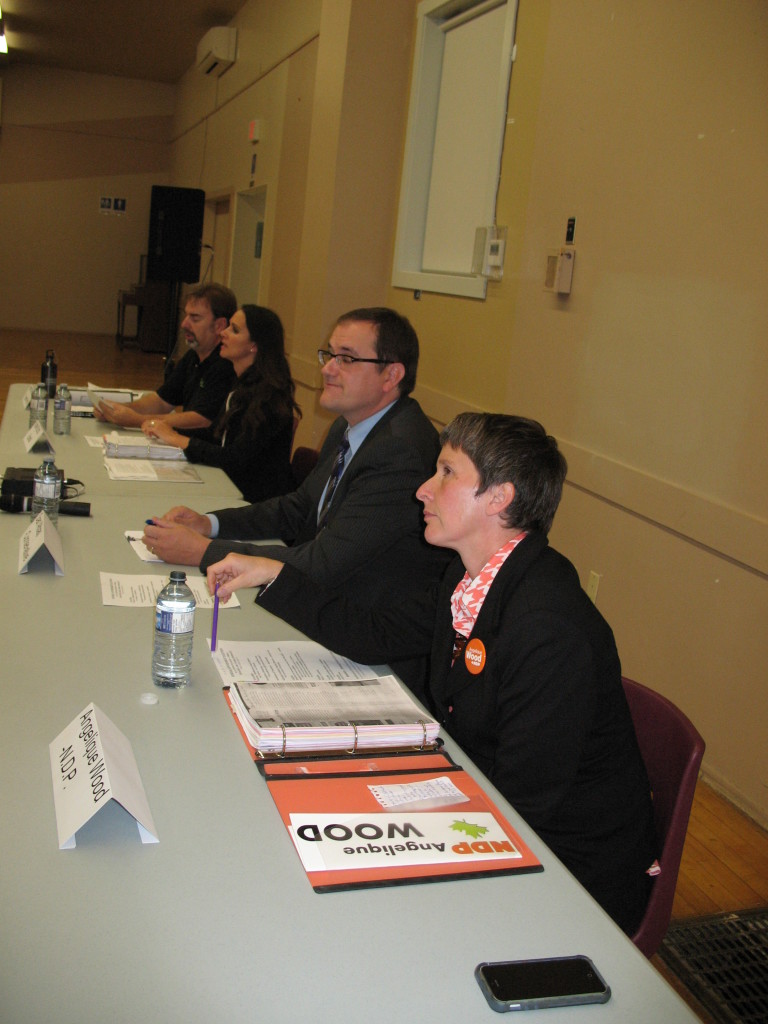
For the past two months hundreds of decent, well intentioned individuals all over Canada have worked unstintingly to win the right to represent their constituency. Because my neighbour Angelique Wood was one of these dedicated ones, I have some comprehension of the energy and focus required to campaign effectively. Particularly in the last month, her car was rarely at home. Undoubtedly, she and most candidates entered the race motivated by a desire to make a positive difference. They have laudable intent, but in time the winners may conclude politics is a fickle and frivolous mistress.
Increasingly over the past four years, there has been a growing sense on the part of Canadians that our democracy has become confoundingly undemocratic. The Prime Minister controls the appointment of many key figures in our system of government, including the Governor General, members of the cabinet, justices of the Supreme Court, senators, heads of crown corporations, ambassadors to foreign countries, provincial lieutenant governors, and approximately 3,100 others. The appointees feel beholden to the PM and most do not dare voice disagreement with government policy.
The National Post’s Andrew Coyne recently wrote, “cabinet does not matter. It does not govern. That is the job of the Prime Minister and the group of political staff he has around him.” This is not new. Several Prime Ministers in recent decades have chosen to govern almost as dictators.
Some pundits contend it was Pierre Trudeau who first began seriously consolidating power in the Prime Minister’s office. Certainly his charisma generated a dizzying excitement in the electorate and people anticipated positive change. By the 1972 election though, the “halo effect” had run its course. Peter C Newman said being reduced to a minority government “was due to one central fact. He had lost touch with his constituency. He functioned the first 54 months in office as head of a government, not the leader of a nation. He didn’t understand Canadians and their concerns. What was worse, he didn’t appear to care.”
Although our democracy doesn’t prevent leaders with dictatorial inclinations from rising to the top, it does possess the means to push them ignominiously from “the throne.” Trudeau managed to hold onto power but, prior to the 1984 election, polls indicated the Liberals would not win with him at the helm. Chastened, he stepped down.
Voters then gave the Liberals a political spanking, allotting them only 40 seats. Brian Mulroney and the Conservatives snatched 211, the largest majority in Canadian history. Unfortunately, Mulroney didn’t learn the lesson of the Liberal debacle. He greatly irritated Canadians with the detested GST. When polls indicated he had lost support of voters, he retired just prior to the 1993 election.
We replaced Mulroney with Jean Chretien, who did not keep his famous “Red Book” promises. He also allowed the “Sponsorship Scandal” in which some two hundred million dollars were squandered. In time, voters wearied of the Liberals’ evident sense of entitlement and Chretien, under extreme duress, agreed to retire.
More recently, Stephen Harper, like Trudeau, Mulroney and Chretien, has ruled with a heavy hand and alienated large numbers of Canadians. MP’s, and even most cabinet ministers, received instructions as to what they were permitted to say in public. Scientists and others were also muzzled.
The problem of party leaders gripping the reins of power too tightly isn’t confined to the party in government. Writing in “Tragedy in the Commons,” Alison Loat and Michael MacMillan suggest “Canadian party leaders today enjoy a remarkable amount of power when measured against peers in Canadian history, or against leaders in similar parliamentary systems around the world.”
There is one possible glimmer of hope. Conservative MP Michael Chong has stickhandled a bill through Parliament that gives MP’s the power to trigger a leadership review and subsequently vote to oust the leader of their party. In a watered down version, the bill was approved by a majority of government MP’s. Very likely they realized many constituents longed to give them the heave ho for the PM’s undemocratic rule. In spite of some resistance in the Senate, the bill was passed and the Reform Act received Royal Assent this summer.
In politics there are few guarantees of course, but this could be a small step toward change. In time, newly elected MP’s could have a more substantive role. Canadian democracy may yet smile.
